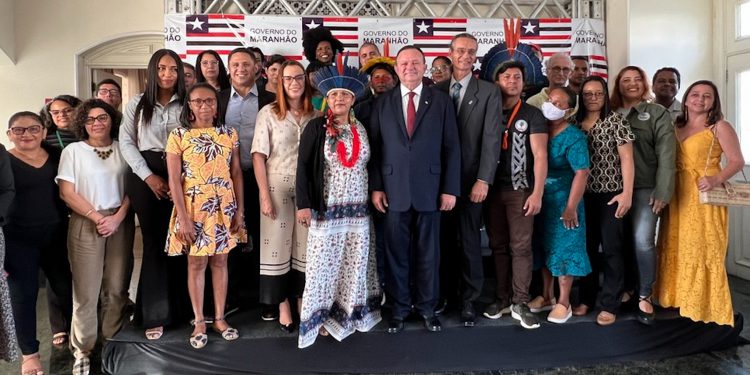A US$37 million project in Brazil is designed to reduce greenhouse gas emissions by around 6 million tons of CO2 equivalent.
It targets 80,000 rural people in the Brazilian Amazon to address poverty, food insecurity and environmental degradation.
Almost 15 per cent of those it will support belong to indigenous and other traditional communities, such as quilombolas, and babassu nut gatherers.
The UN’s International Fund for Agricultural Development (IFAD) and the Government of the State of Maranhão are financing the work on a joint basis in an agreement called the Amazon Sustainable Management Project (PAGES).
Maranhão has the highest poverty and food insecurity rates in Brazil, 53 per cent live in poverty, and 20 per cent in extreme poverty. Sixty per cent of households are food insecure. In addition, it is the state with the most critical food insecurity rate —approximately 60 per cent of the households are affected.
“The state’s Amazon forest is under constant threat of deforestation and degradation”
The project will also address entrenched environmental degradation of Amazonian forest. The project area covers the regions of Amazonas, Gurupí and Pindaré, and the indigenous lands of Arariboia.
The total area of 58,755 km² includes 72 per cent of the state’s Amazon forest which is under constant deforestation and degradation threats by illegal logging and land clearing for large-scale farming.
The project promotes sustainable forest management, intercropping forest trees with cassava, maize, beans and coffee. It will improve territorial protection for indigenous communities’ by preventing invasions, deforestation and fire.
The programme will foster production and and marketing of non-timber forest products such as açaí, babassu, and honey through investments and technical assistance to producers’ organizations.
It will invest in basic water infrastructure such as cisterns, water reuse and green septic tank systems.
And it will improve access to public social protection.
The State Secretariat for Family Farming (SAF) will be the lead implementing entity for the project, working in strategic partnership with the Maranhão Institute for Settlement and Lands (ITERMA) and the State Agency of Agricultural and Livestock Research and Rural Extension (AGERP).























